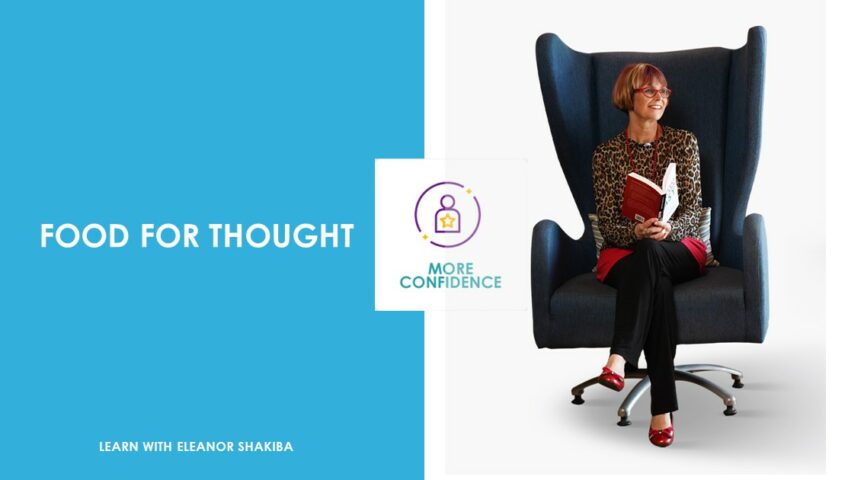Does your constant planning keep you from getting anything done in the present? Does your frequent worrying about the past keep you from trying new things? These are examples of how your perspective of time can impact your confidence. Thanks to research published on PsychologyToday.com, you can now gain a better perspective.
Everyone has a different perspective when it comes to the passage of time. Some people are more worried about the past while others focus on the future. According to Rosemary KM Sword and Philip Zimbardo PhD, these differences impact every aspect of your life.
The authors categorise people based on their time perspective. Someone who is ‘past negative’ tends to focus on negative events or thoughts from the past. This may include traumatic events or moments of failure. The negative thoughts tend to keep them from seeing a brighter future.
Someone who is ‘present fatalistic’ is rooted in the present but believes that they’ve got no control over their environment. As with past negative people, present fatalistic people tend to suffer from low self-esteem. They struggle to see their own self-worth. The authors also describe ‘extreme future’ people. This group includes people that are too busy planning to enjoy the present. All three of the time perspectives discussed can limit your opportunities.
So, what’s the best time perspective? The authors argue that the best perspective is balanced. When your time perspective is balanced, you can use your imagination in exciting new ways. You spend less time dwelling on negative thoughts from the past and fears of the future.
The authors used their theories to help treat war veterans suffering from posttraumatic stress disorder (PTSD). However, balancing your time perspective is beneficial for everyone. Whether you’re more focused on the past, present, or future, your time perspective may be holding you back.
As mentioned in the article, the best perspective is a balanced one. The authors of the article also offer a few examples of how to balance your perspective. If you’re stuck in the past, you need to replace your negative memories with positive ones.
If you’re stuck in the present and feel that you’ve got no control over anything, you may also start to feel like an imposter. Try practicing more self-compassion. Give yourself the freedom to enjoy fun activities and accept yourself for how you are. Several of these suggestions align with common neuro-linguistic programming (NLP) techniques.
Changing the way you think about the past, present, and future could hold the key to your happiness. Your time perspective largely influences your confidence. If you want to learn more about how to beat imposter syndrome, explore my one-to-one coaching and online courses at https://thinklearnsucceed.com.au.
Free e-book and video tips.Get your copy today!
|
|

